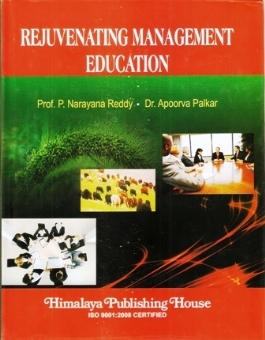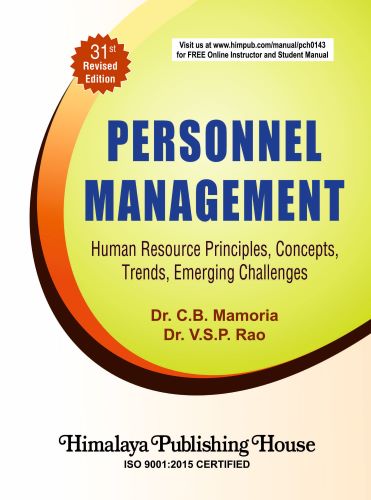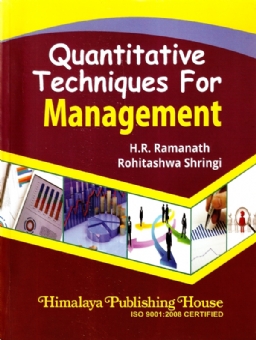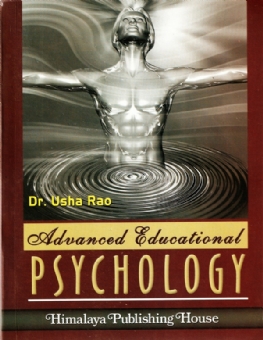The highty dynamic and complex business scenarios obtaining in many economics, newly emerging production and services and services and markets are demanding able managerial talent not only in India but globally also. There can be no better argument than that able managers with the right kind of leadership qualities can only be produced by management institutes of excellence, having the right kind of teaching, infrastructural facilities including IT and knowledge resource and the best curriculum suited to the future managers. The traditional, outdated curriculum and pedagogical tools will not be supportive enough if bright managers and leaders are to be produced. The stakes and challenges are quite: they require every day innovations, creativity and research and practice-oriented approach to teaching and curriculum and allot her relevant; but many of our management schools are lagging far behind in many fronts and are, at the same time, troubled with non-cooperative and often confusing framework. No wonder, many management graduates coming out of this kind of environment are finding it difficult to find employment although opportunities exist. Given the above background, it is time that management schools and all those concerned with management education realize the necessity of “rejuvenating management education”, i.e., look at all the factors impacting management education, understand the gaps between the demand and supply of quality products and upgrade and build the competencies suited to meet the present as well as the future demands. While the industries will look at their future products and services and make demand on the managerial capabilities that will sustain their growth, it is for the management institutes to produce such managers. Needless to mention that management school’ survival also depends a lot on how effectively they implement the rejuvenation process and a whole gamut of factors go into such process of rejuvenation.
Contents :
1. A Study of Factors Affecting Placements
– Shardul Juyal
2. Investigating the Relationship between Factors Influencing Career Choice and Protean Career Orientation of Gen Y Management Students
– Vandana Madhavkumar
3. Educators Capability Identification, Modeling and Assessment in India
– Dr. B. Sripirabaa
4. Management Education – Admission vs. Placement vs. knowledge Gain: A Study with Reference to the Newly Entrants
– Dr. D. Masheswara Reddy & Mrs. Michelle J. Francis
5. The Relationship between Teacher Mentors’ Personality Profile and Mentoring Activities Initiated
– Manju P. George
6. Role of Faulty Members in Promoting Students’ Success
– Anand Apte
7. Corporate Engagement in Management Education
– Aparna and Tembulkar
8. Impact of Accreditation on Quality of Indian Business Schools
– Prof. Basant Kumar Purohit
9. Job Reservations and Career Choice
– Santanu Gupta
10. Creativity and Innovation in Management Education: A Total Quality Perspective
– Prof. (Dr.) S.K. Moharana & Prof. Kaoru Ishikawa
11. Exploring Decision Making in Complex and Dynamic Environment through Case Study
– Soumendra Narain Bagchi & Rajeev Sharma
12. E-learning: The Future of Learning
– Dr. V.S. More, Dr. Apoorvi P. Hiray & Dr. P.B. Suryawanshi
13. Role of Autonomous Institutions in Management Education
– Manjari Lal
14. A Study on Employer Branding in IT Sector
– Ravi Kiran & Ramanakumar K.P.V.
15. Corporate Engagement in Management Education Introduction
– Pooma Chandrika
16. A Study on Financial Literacy and its Determinants among Gen Y Employees in Coimbatore City
– Dr. M. Sekar & Ms. M.Gowri
17. Role of Emotional Intelligence in Creating a Congruent Culture for Medical Professionals
– Dr. R. Deepa
18. Moderating Effect of Customer Satisfaction on Service Quality and Customer Loyally in Supermarkets in Coimbatore
– M. Venkatesh Prabu
19. A Study on Post-merger Efficiency Gain of Indian Private Sector Banks
– Prof. Dr. V. Srividya & Prof. T. Senthil Kumar






